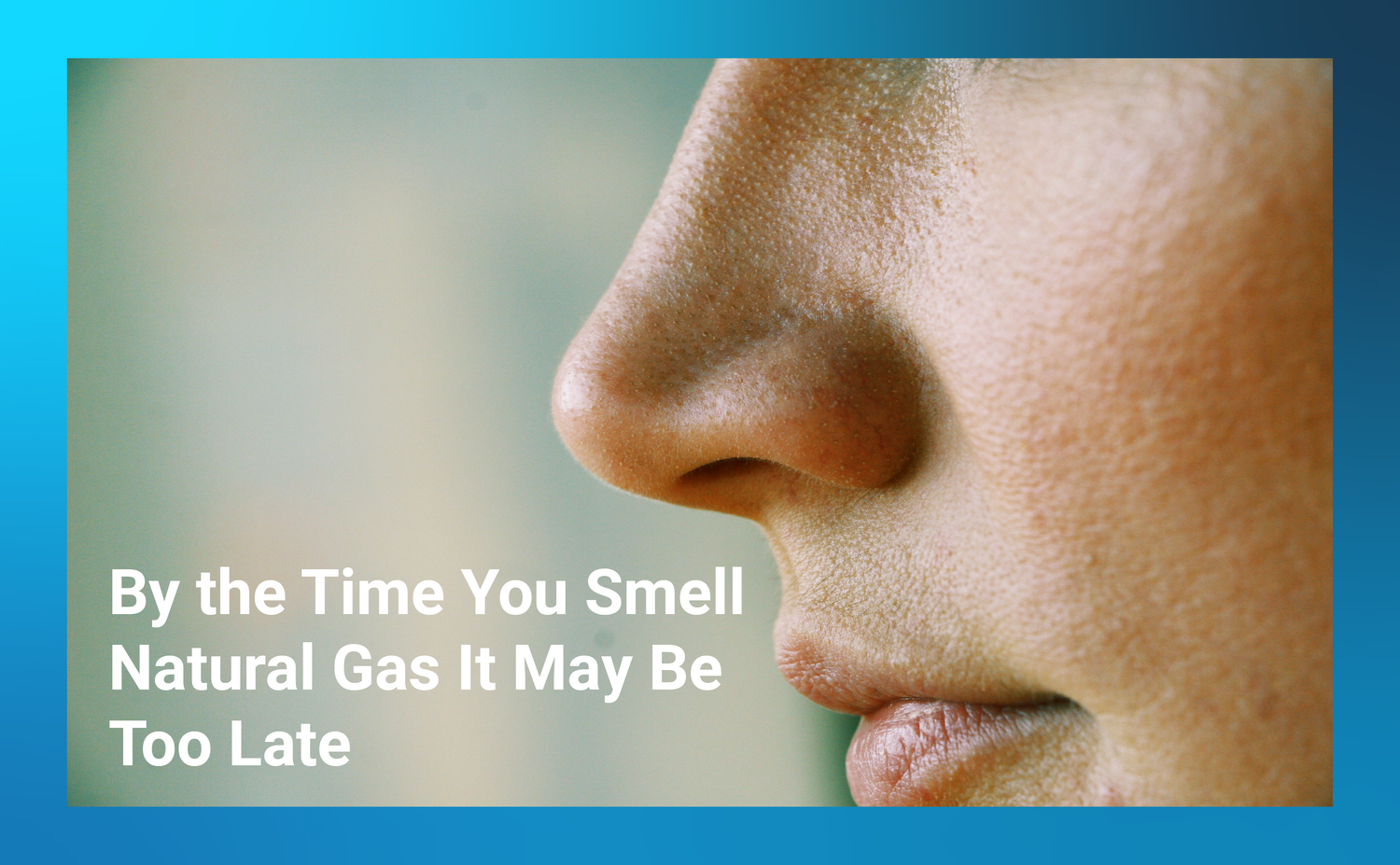
A new study shows that a sizable number of gas leaks are undetectable to the average nose.
Alessandro Citterio/PSE Healthy Energy
It's more bad news for owners of natural gas stoves. Another alarming study has been published calling into question the safety of natural gas. The peer-reviewed research conducted by PSE Healthy Energy and Stanford University found that natural gas odorant levels were not standardized and odorant was often underused to a degree that someone with "an average sense of smell" could not detect a leak.
Odorant is added to natural gas, sometimes called methane gas, before being pumped into homes and acts as the only real line of defense against toxic leaks.
Researchers collected and analyzed 587 samples of natural gas from 481 residences through 17 North American cities. Samples were tested for methane, benzene, hazardous air pollutants and sulfur-based odorants. Researchers modeled the amount of gas that could leak undetected by a resident with an average sense of smell.

It's more bad news for owners of natural gas stoves.
Alessandro Citterio/PSE Healthy Energy
CNET spoke with an administrator of the study, PSE scientist Sebastian Rowland, who said plainly that the inconsistent and often too low levels of odorant found in natural gas is "a major cause for concern" and another in a long line of reported hazards related to natural gas.
"While these smaller leaks are not large enough to cause gas explosions, hard-to-smell leaks are common," Rowland said. "The fact that they are so small makes them hard to identify and fix, which can lead to a persistent indoor source of benzene and methane."
Rowland stopped short of calling for a ban on natural gas but stressed that these studies should be taken seriously and those with natural gas stoves would be wise to enact precautions against tainted breathing air.
Benzene levels in Vancouver are 50 times greater than some cities

A 2022 study found that gas stoves were leaking more than previously thought.
Brett Tyron/PSE Healthy Energy
The study also showed major discrepancies in the amount of benzene present in natural gas across North American cities. On average, gas delivered to homes in Vancouver, Los Angeles, Calgary and Denver had twice the benzene levels of other cities. Benzene levels in Vancouver were particularly high, nearly 50 times greater than that of Boston, the city with the lowest concentration.





コメントを書く
このサイトはhCaptchaによって保護されており、hCaptchaプライバシーポリシーおよび利用規約が適用されます。